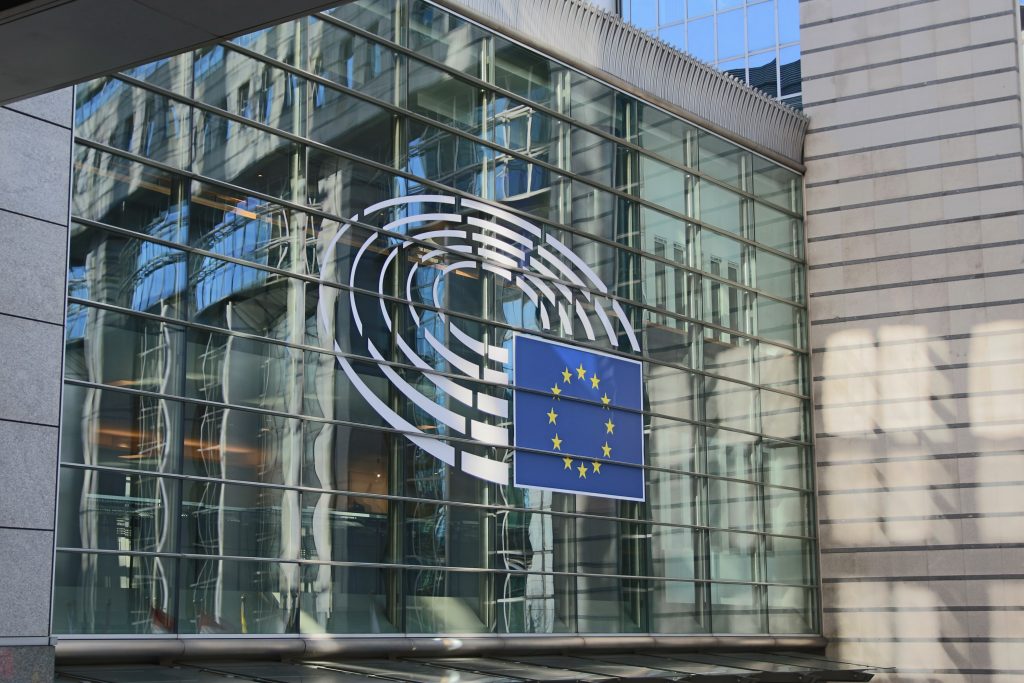The hybrid event titled “Supporting EU’s biodiversity targets by bridging the science-policy divide” was organised under the umbrella of the European Parliament Intergroup on ‘Climate Change, Biodiversity and Sustainable Development’ in collaboration with the European Geosciences Union (EGU). It took place at the European Parliament in Brussels and was streamed for an online audience as well. The discussions were focused on key topics of interest for the BioAgora community.
Thriving biodiversity is the life supporting system on Earth, without which neither human society, nor the economy can function properly. The restoration of natural ecosystems is a necessity not only for nature reserves, wetlands, oceans or forests, but also for urban environments. Effective communication pathways between scientific knowledge and policy-making are essential for turning the scientific advances of environmental restoration into effective policy decisions and practice. The BioAgora project strives to support this dialogue between biodiversity knowledge and decision-makers.
The event aimed to assess how greater collaboration between the two communities can be achieved to address biodiversity more effectively and overcome society’s biggest challenges. More specifically, the discussions focused on the EU’s Nature Restoration Law proposal. The panellists debated how to make the vast amount of scientific research readily available to policy-makers. Bilateral communication is key in this process, both decision-makers and the scientific community need to formulate specific prompts or questions and pose those to each other in order to ensure a constructive dialogue.
The panellists were unanimous in their opinion that nature conservation is an anthropogenic issue, it represents a challenge for people globally, and is not simply about nature restoration. It necessitates a more holistic approach to biodiversity incorporating aspects from restoration to the sustainable use of resources. Moreover, synergies between ecosystems have to be enhanced as they directly affect one another. Restoring only a select few has limited value.
According to panellist Irene Benito, Senior Manager for European Affairs at Planet, scientific research and knowledge have reached an advanced and precise state. Providing decision-makers with evidence-based data is an opportunity that cannot be missed.
At the core of the discussions during the event was the idea that communication is vital for ensuring that the Nature Restoration Law as well as wider biodiversity protection become the centrepiece of a sustainable transformation in how society relates to nature. Furthermore, this transformation is impossible to achieve without a firm basis in scientific evidence. In order for this uptake of results to occur, clear, consistent, targeted communication between science, policy, and society is necessary.
BioAgora is a project that will connect biodiversity knowledge and decision-makers through the creation of the Science Service for Biodiversity (SSBD), a new science-policy interface that will be anchored in the Joint Research Centre (JRC) and serve as the scientific pillar of the EU’s Knowledge Centre for Biodiversity (KCBD).
